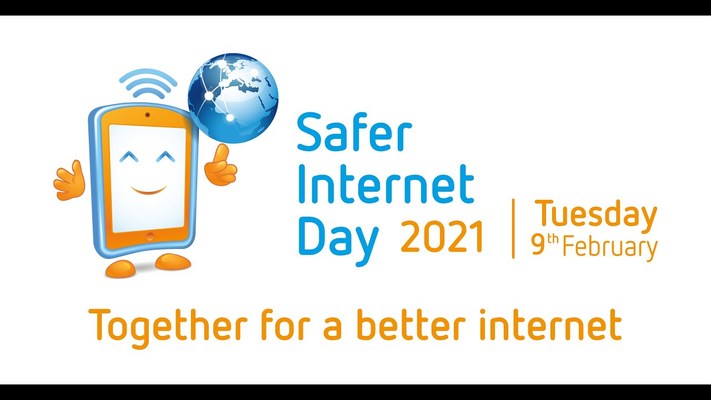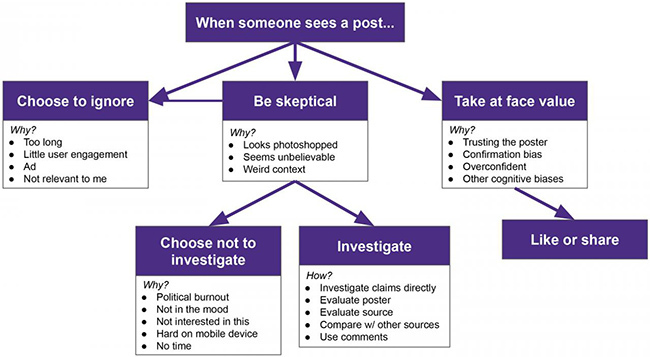On 9th February 2021 we celebrate Safer Internet Day!

This year, we focus on dealing with fake news and disinformation. Tackling with these issues is also the focus of all eTwinners this year, as it has become (together with media literacy) the annual theme of 2021.
To start with, let's find out what is hidden beyond the words "fake news" and "disinformation". To do this, we can use some YouTube videos:
https://youtu.be/RDOFt1tFYx8
https://youtu.be/icCdAl6TvNM
Now, it's time to answer a few questions:
- what is a fake news?
- how can we recognise fake news?
- how do people spread information that are not true?
How, in your opinion, does a victim of fake news and disinformation feel? Write the names of the feelings below:
https://answergarden.ch/1726078
How can we deal with fake news and disinformation?

source: https://www.helpnetsecurity.com/2020/03/20/deal-with-fake-news/
And how do you usually deal with fake news and disinformation?
https://padlet.com/tikjezyki/n65as5y4ndzy5ffs
AND HERE IS A CHALLENGE FOR YOU!
Use the Padlet below to post an entry with three pieces of information: write two real and one fake news. Other students' task will be to guess which info is the fake one.
https://padlet.com/tikjezyki/214ocesu42rwjvw4
Thanks to our Polish partners and their inspirational activities related to SID, we studied also other issues of fake news and misinformation. Because regardless of whether they are systematic campaigns, one-off attempts or just ordinary omissions, they are among the biggest risks of the media space today.
Students of Slovak bilingual classes 1.B, 2.B, 3.B and 4.B expressed and shared their views on various aspects of "fake news": the causes of their creation, the conditions of their mass distribution, their short-term or long-term real impact, potential emotional, social, political, health consequences, their different levels - from the individual fake news in the form of so - called gossips, through fake news about different companies, working communities, different groups of people to disinformation about whole states or large international organizations, how to deal effectively and rationally with them or how to overlook their propaganda content, deliberate ambiguity or attractiveness.
In the end, each student contributed to the next "padlet" by choosing two true messages and one false message. We shared it on our school website so that every reader of the padlet can test their level of intuition, critical thinking and resistance to misinformation when guessing which of the three messages is "fake news". Of course, there are also links to the sources of information.
https://sk.padlet.com/ivanafazikova/s9imvlo1e7jxvtg